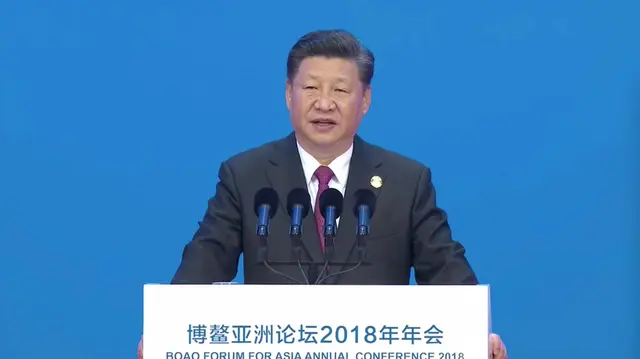Amid northeastern China's winter freeze, a heart-warming treatment is underway in the capital city of Liaoning Province to change the face and life of 15-year-old girl Xiaofeng.
Except for the wrinkles and sagging skin on her face, Xiaofeng was no different from other mid-teen girls when we met her: she loved pink dresses, but rarely wore such bright colors that, she said, would highlight her elderly facial and body features. And she might not even have much time to enjoy things she likes as she has been diagnosed with progeria, a rare and fatal genetic disease that causes a young body to age rapidly.
For typical newborns with progeria, first their skin grows increasingly rough and their hair begins to fall out, then bone and internal organs problems develop; most with the disease die from a heart attack or stroke before they reach their early twenties. With a reported incidence of one in about every eight million, progeria is also rarely inherited as carriers usually do not live to reproduce children.
Xiaofeng's mother has not forgotten the heartbroken feeling when she first found her child had these symptoms as she herself had also suffered from progeria. Fortunately, her body didn't get prematurely fragile like her appearance, but she wasn't so sure about how the condition would affect her daughter. And what she was also worried about is the mental pain that comes along with the physical disorder. "My girl doesn't talk much when she meets strangers. She prefers pigeons, rabbits, dogs, cats. These are her best friends," said the mom.
It was just by chance that Xiaofeng saw news coverage of a team of volunteers who could help and she soon got in touch. To her surprise, one week after she sent a letter, they came to her home and immediately contacted medical institutions for further diagnosis. The result was positive, which suggested Xiaofeng's condition would not lead to age-related organ failure, and her aged appearance could be treated through surgery.
Having confirmed the status of Xiaofeng's disease, the volunteers believed it was the right time to carry out a follow-up. "She wants to be with others, to live happily and study together with her peers, but now she feels embarrassed about her health condition so we must bring back her dignity to do so," said Guo Mingyi, founder of the voluntary team.
Experts suggested using plastic surgery to remove wrinkles that could not be cured by drug therapy. The surgery is expected to slow down the abnormal aging and reconstruct Xiaofeng's facial texture, which will last for at least five years according to Shi Lingzhi, head of the voluntary medical group. "It will be a tough job as her skin is aging 25 times faster than ours. Elasticity is lost, and the skin tissue needs to be rebuilt. The primary operation is like laying a foundation for her skin before we renew it," the doctor explained.
Those helping hands have raised hope for Xiaofeng to live on, finish school and realize her dream. "I want to be a doctor in the future to help other people as well," said the girl.
For those like Xiaofeng, more opportunities are also being developed to help them out of this severe disease. In 2016, a girl named Tongtong became the world's first progeria patient to receive placental stem cell therapy in Beijing. A recent study published in the journal Nature Communications also shows the potential of a new genetic therapy as a treatment to save more progeria patients whose life withered at a young age.
(CGTN)
 简体中文
简体中文










